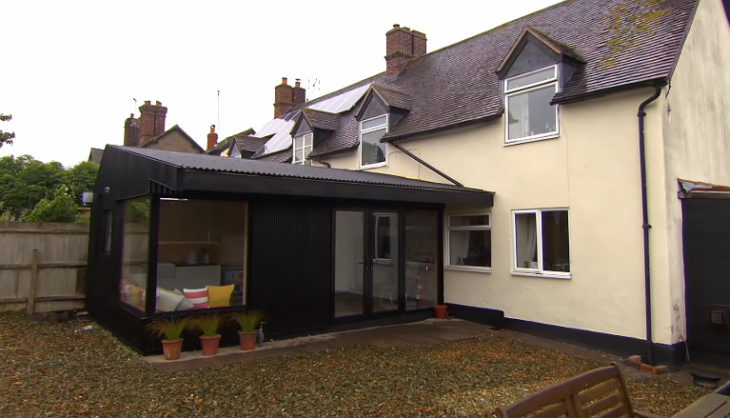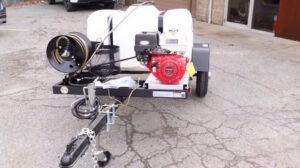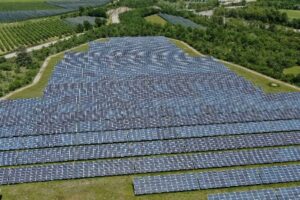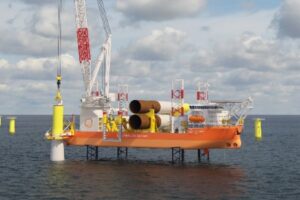Energy Efficient Ways To Extend Your Living Space

When you are looking to extend your living space, you probably want to explore a range of options that won’t increase your bills significantly.
Choosing between a conservatory, rear extension or loft conversion may seem like an overwhelming decision. The merits of all of these options cannot go ignored, so take your time to explore all of the pros and cons of every option.
Whether you’re struggling to decide between a conservatory, extension or loft conversion, the following information should help you pinpoint which one is the right choice for you.
Advantages of Conservatories
A conservatory is a great way to bring the outside into your house. With a wide style of windows and attractive bi-folding doors, you can enjoy the summer sunshine inside your home for months.
Naturally, conservatories have a high proportion of glass compared to extensions. This helps to create a light and airy space that is easily accessible to your outdoor area.
In terms of aesthetics, conservatories will always look more appealing than brick extensions.
However, energy efficiency also needs to be considered in this case. The materials used during construction can have a knock on effect on their efficiency.
PVCu conservatories are known for their low maintenance qualities and they are long lasting. Conservatories are notorious for very poor insulation and low energy efficiency due to the lack of insulation (mainly via the roof, however you can easily add a solid conservatory roof) and glazed surfaces.
The location of your conservatory will also depend on how energy efficient it is. East facing conservatories will absorb sunlight and warmth in the mornings, whereas west facing structures will catch it in the early evening.
During very hot summers you need to make plans for blinds and ventilation systems, so your space doesn’t become too stuffy and uncomfortable. With that being said, using daylight to brighten buildings would save fifteen million tonnes of carbon dioxide every year, as well as reducing lighting bills.
Disadvantages of Conservatories
Although conservatories can provide an abundance of energy efficient glass, but during the winter months, they can be very difficult and expensive to heat. If you are looking for a space that stays warm all year round, you may need to seek out the advice of a specialist who can help you find an energy efficient way of extending your living space.
Maintaining a constant temperature for your conservatory is all about balance. Even if you take time to choose your glass and you opt for blinds carefully, you may still encounter numerous heating and cooling issues.
Double glazed windows and underfloor heating may be a solution for you to explore to counteract any balance issues. You may also want to consider a wood burner to maintain the temperature all year round (especially in the winter).
Advantages of Loft Conversions
Loft conversions are one of the most practical and cost effective ways to extend your home, but it may not always be the answer for everyone. Here are some of the pros and cons to consider in terms of the energy efficiency of a loft conversion.
With a loft conversion, you have the option to install a huge roof window, which will save on the cost of lighting. Some windows will be more energy efficient than others so make sure you look for windows with a low U-value. As well as saving on lighting bills, the correct roof window can reduce heating bills too.
With an insulated loft conversion it can save you a lot of money on heating bills in the long run. It also acts as long lasting protection for your home.
Disadvantages of Loft Conversions
Outright, loft insulation is very expensive to pay for. The initial outlay will set you back and may even reduce your available budget for the conversion itself. Although you may see a return on the investment within the first three years, it seems like a huge amount of money to pay all at once.
Advantages of Home Extensions
Building a sustainable extension for your home is possible, but you need to think about the long and short term effects of the materials you choose to use.
Opt for external wall insulation instead of brick, if you want to cut your energy bills by up to 40%. This will reduce your monthly bills and give the outside of your home an extra layer of protection from the outdoor elements.
Instead of extending your gas pipes, you may want to consider infrared panels or even a heat pump. They are a cheap and energy efficient way to heat up your new extension.
Disadvantages of Home Extensions
Setting up an energy efficient extension will be a costly investment from the beginning.
According to extensionprices.co.uk, a semi detached extension will cost upwards of £1,500 per square meter (about $1,884 per square meter). Although you may save money in the long run, you need to consider how long it would take for you to make your money back.
Conclusion
With all of this in mind, the energy efficiency of your house extension will rest on a number of external factors.
Whether you are willing to invest in long term solutions or your home is only suitable for a specific type of extension, these are all the factors you need to consider when investing in a brand new home expansion.







